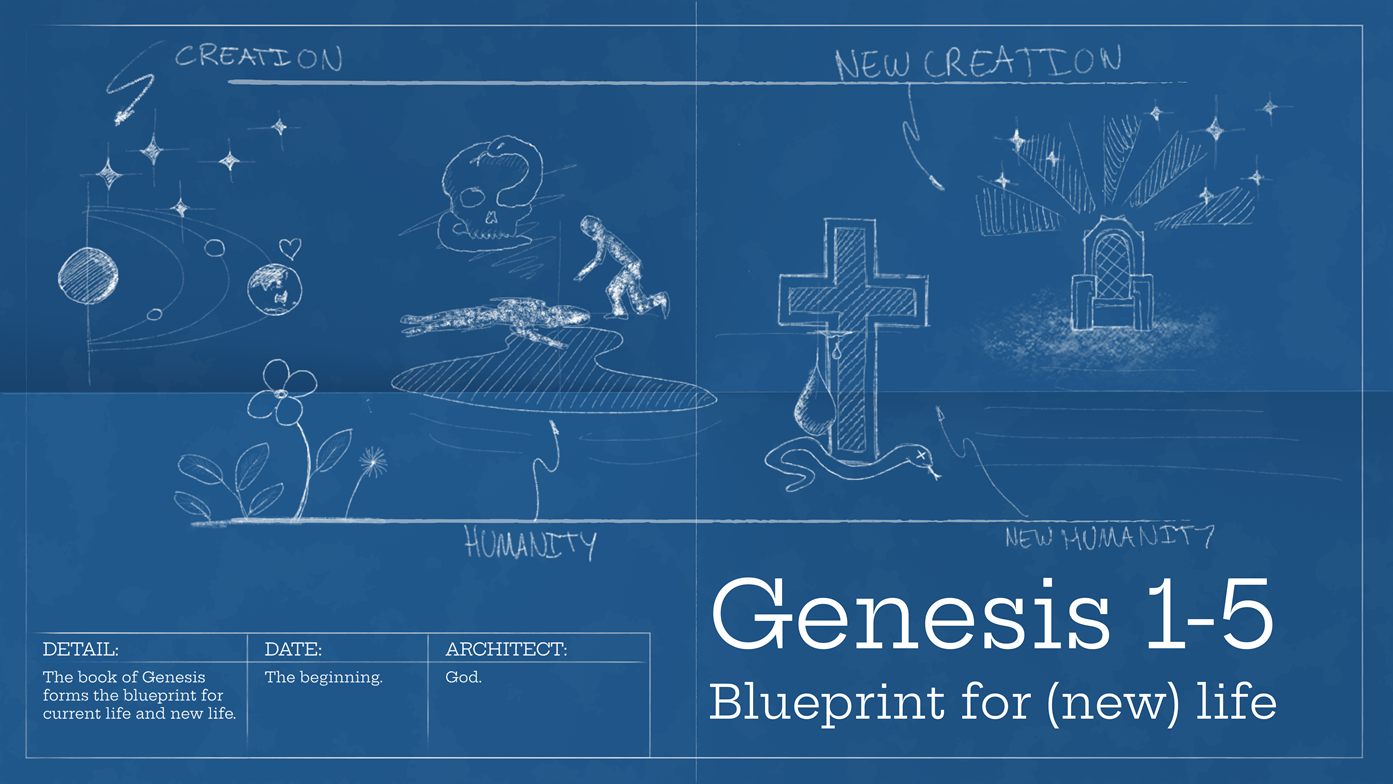
We have now finished our journey through the book of James. It’s been a bracing call to embrace God’s ways by trusting his goodness. Sometimes it’s felt as if James gets right up in our faces and presses into every corner of our lives to confront our attitudes, our preferences, our wisdom, words, and actions - even our wallets and diaries! Yet rather than leave us in a heap, he continues to point us to the God who generously gives all good things and exalts the humble (1:5, 12, 17, 4:6-10, 5:7-8, 12).
As we close the book of James, I hope you’ve appreciated his logic. His letter is much more than a collection of wise saying, or a call to action, or even a rehash of the sermon on the mount - though, all these elements are present. Really, it’s a call to let God be God and to return to simply being one of his redeemed creatures (1:18).
In presenting his thought, James draws deeply on the Old Testament. To confront judginess and conflict in their communities, he draws on the Ten Commandments (2:8-11, 4:1-4; Exodus 20:1-17). To unfold the logic of faith and works, he draws on the stories of Abraham (2:21-23; Gen 12-25) and Rahab (2:25-26; Josh 2-6). To help us persevere, he draws on the Prophets and Job (5:10-11). To help us pray, he draws on Elijah (5:16-18; 1 Kings 17-18). There's even a nod to Pharaoh (5:4) and life in the wilderness (5:9).
James seems to draw most deeply, however, from the opening chapters of Genesis, to which we now turn on Sundays. These chapters declare and explain God, us and life in his world. God is the one who creates all things in beautiful abundance and diversity and declares them good (Gen 1:1-2:3, 2:9-14; James 1:17). And humanity, although simply dust (Gen 2:7; James 1:10-11, 4:14), is made in God’s image to rule creation by obeying God’s voice and by depending on the wisdom and life that he gives (Gen 1:26-28, 2:9; James 1:5, 12, 3:7, 9).
However, the serpent kisses our eyes with his crafty wisdom to deceive us such that, rather than depend on the wisdom of obeying God's word, we grasped for the wisdom of choosing for ourselves (Genesis 3:1-7; James 1:16, 3:15-16, 5:19-20). This original act of distorted desire and defiance brought death, decay and every form of disorder into the world and upon each generation of humanity (Gen 3:14-19; James 1:14-16) - beginning with Cain's jealous murder of his brother Abel, an instance of embracing earthly, unspiritual, and demonic wisdom (Gen 4:1-11; James 3:15-16, 4:1-4).
Ultimately, humanity is condemned to live under death’s shadow (Gen 5; James 1:15, 5:20) – living toward the grave from the moment we are brought forth into this world, always wondering whether we can walk in friendship with God again to find relief from our toil and enjoy life forever with him (Gen 5:24, 29; James 1:12).
In the 1500's, John Calvin said that we all live as if our lives will go on forever. Sure, when we are confronted with death - such as during a funeral - we ponder the brevity of life. But as soon as we turn away, we suddenly forget what we’re like and return to our delusion. More recently, the Australian Bible scholar, Peter Bolt, says that if a worldview has nothing to say at the grave, then it has nothing to say. And James has been saying all along, look up!
So, we return to the beginning, to lift our gaze to the unchanging “Father of lights” who “gives every good and perfect gift” so that we can patiently wait for the return of the one who has crushed the serpent's head (Gen 3:15; James 5:7).
Callan Pritchard
Associate Minister

